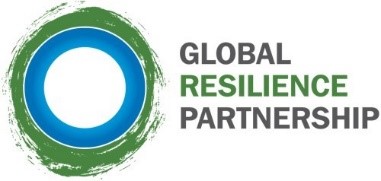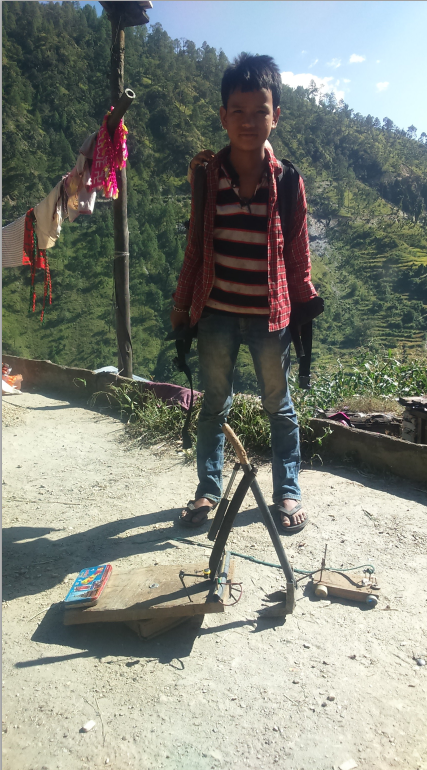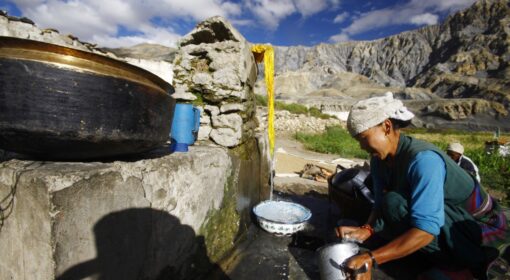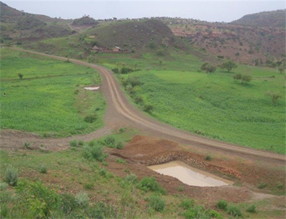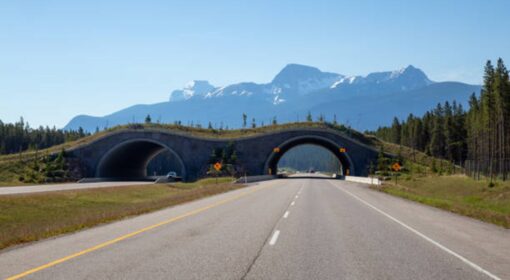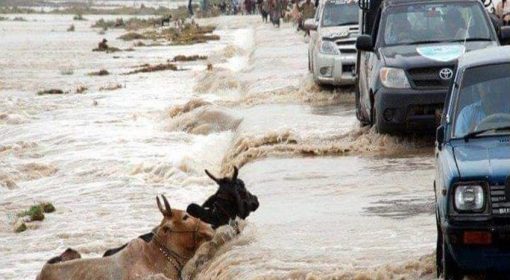Everybody loves excavators?
By Frank van Steenbergen, Michael Green and Saroj Yakami
November 2018
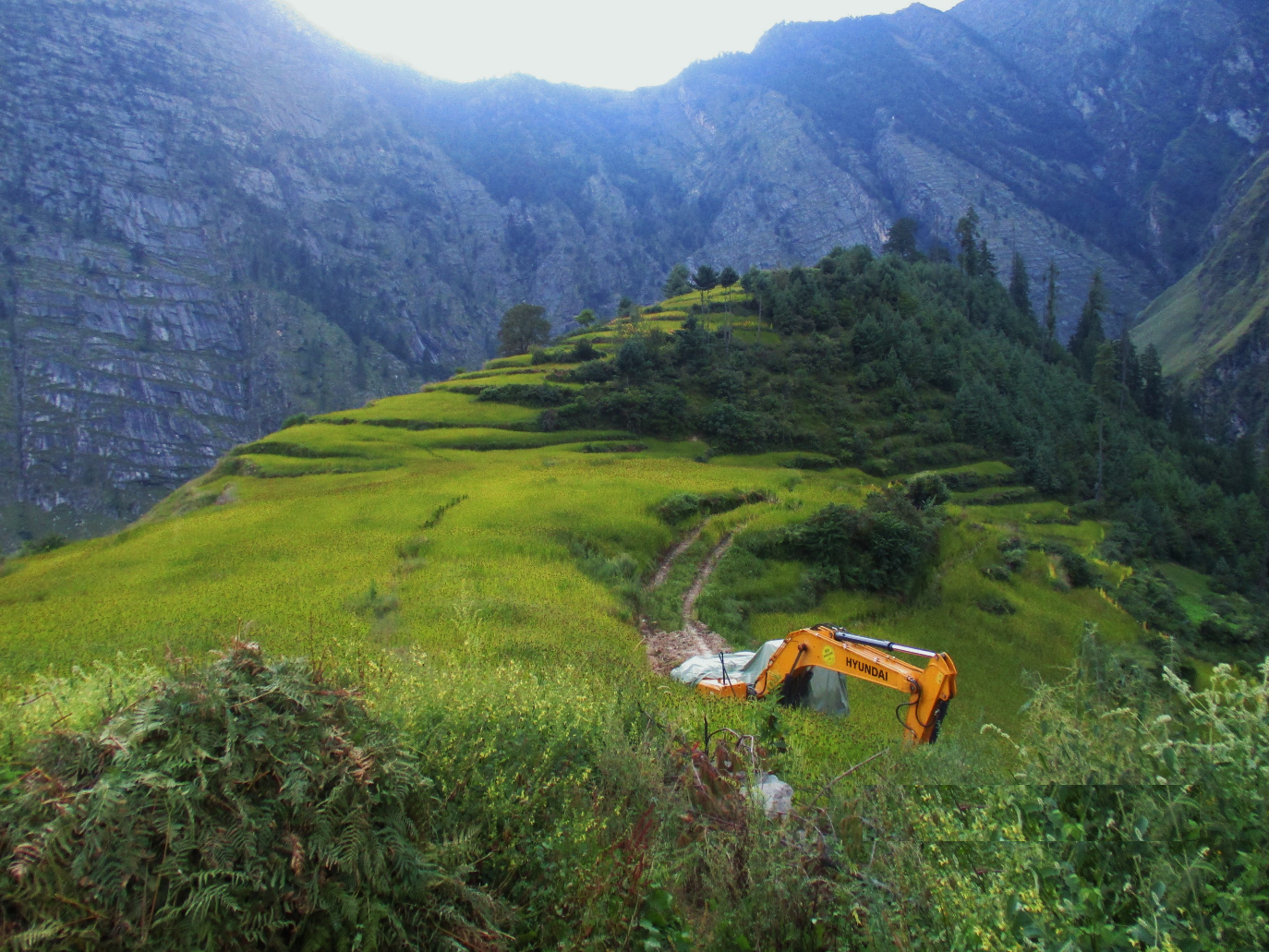
Excavators: they move where no machine moved before. They may even dig their own way forward in unchartered terrain. Their mighty arm removes rocks and rubble. They shake up hills in rural Nepal. They are the mighty instrument for making new roads. Everybody loves them.
The infatuation with excavators is now even more than it ever was. It has grown with the decentralization process set in place in Nepal over the last two years which has shifted budget discretion from the central government to more than 750 local municipalities, and with this moved road development into local politics. One will find excavators in the most unlikely places, moved there as if by a miracle. For a local politician making a new road in the area is a matter of political mileage, of being seen to be doing things, making a road where there was at best a footpath before on the steep slopes. The excavators and their operators are local role models – whereas other kids may dream of becoming a pilot, kids in Mugu and other rural areas hope one day to operate the earth moving equipment.
Yet for all their local prowess, excavators can often do more harm than good. They can excavate new roads along unworkable alignments – turning the newly opened routes in to deep gutted drains. They can destroy springs with their mechanical force. They can destabilise open steep slopes causing them to slide and collapse. If they tip the spoil, they can trigger erosion on the steep slopes that have been in balance for millennia.
What is more, the roads that untrained excavator operators make often do not last long – steep as they are they are impassable for ordinary traffic and disappear in one or two monsoon seasons without proper maintenance. In other words, uncontrolled local road development in Nepal runs the very real danger of being turned into an environmental disaster with very little benefit.
What can be done? This is a question that the Rural Access Programme in Nepal is tacking with support from ukaid. The use of machinery can in fact build good roads.
Clearly road development will not go away and if done well it will unlock isolation, create new economic and social opportunities and benefits. Good road development requires demanding minimum standards that excavator operators and owners are trained in setting the right alignments, in maintaining proper cut and slopes, in essential environmental practice and taking care of road water. If the latter is not take care of, streams, springs and torrents crossing rural roads will accelerate the erosion of the road. Not only excavator operators need to be trained – the same needs to be extended to local politicians and field engineers. RAP is training its excavator operators to construct its Mugu Humla Link Road by following a properly surveyed alignment that keeps slopes under 10 percent RAP is promoting the idea of licensing excavator operators and training them to follow good practice and rules for road construction.
There is also a need for additional approaches – once the excavator has done its work there is a need to provide protection works. This is to be done manually – as the RAP3 project is doing, engaging road building groups with proper protection, clearing roads, making breast walls and side protection. In the challenging mountain terrain maintenance moreover is as important as construction and the good practice with road maintenance groups that clear rock-fall and plug cuts and potholes. The use of equipment in other countries which enforce proper procedures and standards produce perfectly fine roads and there is no reason why this cannot happen in Nepal if it is properly managed.

